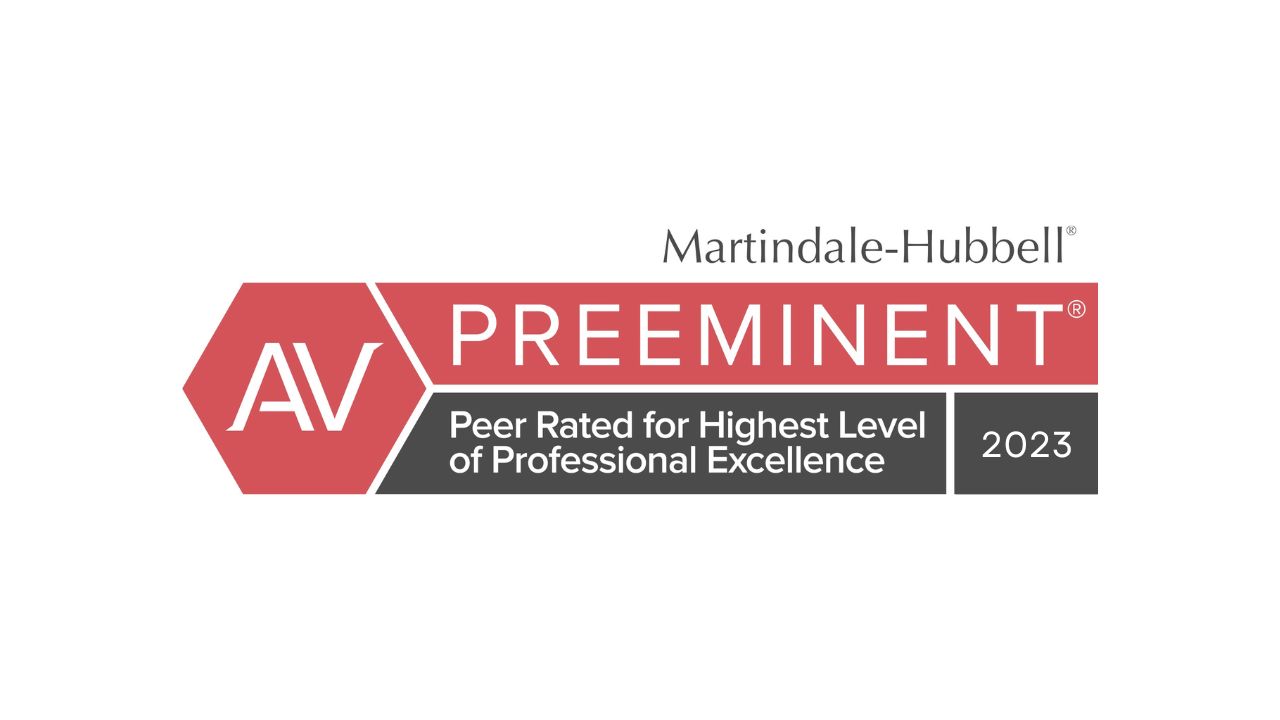When attorneys or other professionals talk about piercing the corporate veil, they refer to a legal concept enabling a court to separate the legal entity from the individual. The purpose is to hold shareholders or members personally liable for the entity’s bad acts. Our motive for bringing this up is that we recently had a successful trial verdict where we sued the insolvent corporation that caused our client harm, and also named the sole shareholder of the corporation who was attempting to shield himself from liability behind the corporate veil. After the evidence was in, we convinced the court that the individual shareholder was legally responsible for the corporation’s debt. Judgment was entered against both the corporation and its owner – even though our client had only contracted and done business with the corporation.
Though many people will never have to engage in litigation with a corporation, there are several common instances where you would have to pierce the corporate veil to receive compensation. Consider the person who invests in a small company that, in reality, is a disguised Ponzi scheme. What happens when the company ultimately fails and is unable to repay its investors or satisfy a judgment? Or consider the case where an individual loans his or her hard earned money to a corporation in exchange for an unsecured promissory note. A lawsuit against the corporation with no assets will likely result in worthless judgment.
Piercing the Corporate Veil (aka Alter Ego Doctrine)
In California, two elements must be present before you or your attorney can pierce the corporate veil to hold someone financially liable for the debts of a corporation or limited liability company.
1. Unity of Interest. There must be such a unity of interest and ownership between the corporation and its equitable owner(s) that the separate personalities of the corporation and its shareholders do not truly exist.
2. Inequitable Result. There must be an inequitable result if the acts in question are treated as those of the corporation alone, or as more clearly in Robbins v. Blecher (1997) 52 Cal. App. 4th 886, the failure to disregard the corporate entity would sanction a fraud or promote injustice. See, Automotriz etc. De California v. Resnick (1957) 47 Cal. 2d 792, 796; Sonora Diamond Corp. v. Superior Court (2000) 83 Cal. App.4th 523, 539.
During our early work up of a case and later during our presentation at trial, we focus on the factors enumerated in Arnold v Browne (1972) 27 Cal App 3d 386, where the court set forth a thorough list. We ask whether there was commingling of funds and assets, or a failure to segregate funds. We ask whether there was diversion of funds or assets, or whether the shareholders treated the corporate assets as their own, failed to maintain minutes, disregarded legal formalities, or the entity was under-capitalized from the outset. The key from a litigator’s perspective is to conduct thorough discovery from the outset and establish as many factors as possible. We frame the case as a serious matter of shareholder liability from the outset – including voir dire, opening statements, witness examinations and closing arguments. We develop special jury instructions and verdict forms to lock down shareholder liability. The idea at trial is to convince the jury from the outset that the individuals behind the corporate walls must be held accountable for their bad acts.
This is an extremely rewarding area for us. It provides our clients an ability to recover in bad situations where they may otherwise suffer terrible financial losses.
Foldenauer Law Group
As trial attorneys, we have had direct experience piercing the corporate veil to assist a wronged client. Though courts may require strong evidence of misconduct or abuse before disregarding the corporate entity, it can be done—and we have done it. To continue this conversation with us, call (619) 564-8877 or schedule a free consultation contact Foldenauer Law Group.


